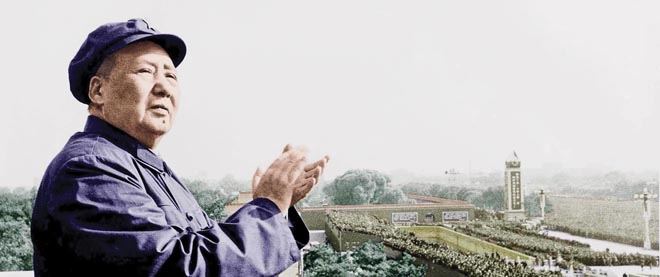Review: Mao: The Real Story
By Alexander V. Pantsov (with Steven I. Levine)
RDA/HULTON ARCHIVE/GETTY IMAGES
Share

Another massive tome on the life and times of Chairman Mao Zedong is not necessarily a time for rejoicing. Usually you have to be a pretty dedicated masochist to wade through the familiar saga of revolutionary fervour, bloody civil war, vengeful victory, vicious infighting, betrayals beyond most human imagining, and the concluding denouement of senile dementia.
Thanks to access to the extensive and formerly secret files from the former Soviet Union, however, this new biography offers considerably more new material. Much centres around the early relationship between the ruling Communists in Moscow and the followers of Mao, a period of ambivalent partnership and shifting alliances. It was an unequal relationship, of course, but the new material establishes even further what a canny and ruthless operator the younger Mao was.
Pantsov is a former Soviet specialist in China who now teaches in the U.S.; his other new material sheds further light on the degree of state paranoia Mao induced in his long-suffering people during the Great Leap Forward (1958) and the Cultural Revolution (or at least the white heat part between 1965 and 1968). The depth of rancour between the two Communist regimes was even more dramatic than sinologists have hitherto known.
Despite claims by Pantsov and Levine that they have sketched a more “balanced” picture of Mao, the same ruthless and often reckless maverick still emerges more or less as we have known him for over half a century: unrealistically idealistic, cruel often beyond measure, and ultimately corrupt and decrepit. It is the Chinese people’s bad luck that they have to carry Mao and all his discredited ideological baggage into their brave new era of prosperity and global economic domination.
Visit the Maclean’s Bookmarked blog for news and reviews on all things literary